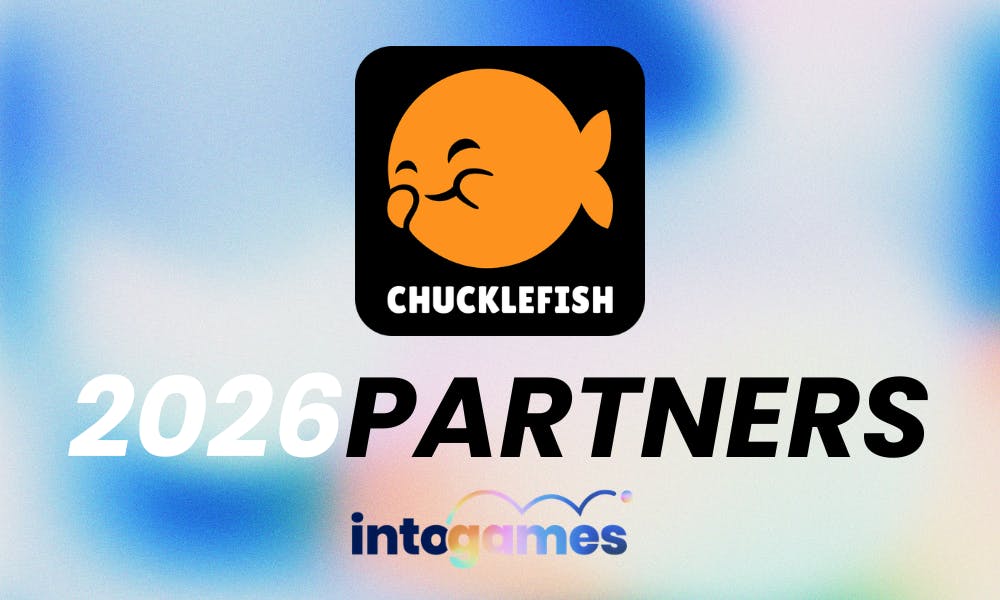
5 November 2020
What does a Technical Writer in games do?

Lewis Jordan is a Technical Writer for Unity, one of the most renowned platforms for making and accessing interactive content. Last year over 50% of all PC/console/top mobile games combined were powered by Unity and apps developed by Unity creators surpassed 50 billion downloads. We asked Lewis some key questions about getting into the games sector.
Explain your role like I'm 5 years old
I work with developers to write guides, reference documentation, and other supporting documents to help Unity creators use graphics features in the Unity Engine.
Take us through your average day at work
Now, this can vary quite a lot! There's always new documentation to write, so I spend a lot of my time working on drafts, collaborating with both developers and the docs editorial team, to describe new graphics features and explain how to use them.
I'm responsible for multiple teams of developers who work on different features in the Unity engine. Keeping up to date with everything going on is important to know what documentation needs writing and when! I spend time each week in meetings with these different teams to make sure I'm up to date with everything going on.
The number of pages in the Unity Manual is vast; we have such a large amount of content. Users can provide feedback and submit documentation bugs to let us know if anything is out of place or if we are missing any information. Each month, I go through the bugs for the areas I look after and fix any issues. Developers submit a lot of documentation, mainly for the scripting API. To review these, the developers create a 'Pull Request' and we look through their changes and make any edits required.
Depending on priorities, the amount that each of the above contributes to my average working day changes!
What was your educational and career journey into your current role?
I joined Unity full-time fresh out of University so my career journey isn't very long at all! Education-wise though, I think it's best to answer that in terms of writing and programming. I really enjoyed both when I did my A-levels, but when it came to choosing a university degree, I had to decide between the two. Since I had a passion for games and enjoyed programming just a bit more than writing, I enrolled in a Games Technology degree at Coventry University. During my first two years, I did a lot of C++ and C# programming and was first introduced to the Unity Engine.
For our third year, the course gave us the option to complete a year in industry (if you could find a placement!) so I had a look at which companies were hiring interns. The most interesting one I saw was, obviously, a posting for a Technical Writer Intern at Unity. I'm not going to lie, I had absolutely no idea what a Technical Writer was before I clicked on the link and read the job description, but it sounded perfect! It was the perfect role to match my passion for both programming and writing.
After a year as an intern, I was able to continue working for Unity part-time while completing my final year at University. Balancing work and my degree was an interesting challenge, but definitely worth it! Finally, after I graduated, I moved back to full-time work. In that time, the Documentation team had a bit of a reshuffle and I began to work principally in the realm of graphics.
What do you love most about your role?
It's great to see the positive feedback from users on our documentation. Since writing documentation is principally for the users, it is really encouraging to see that the docs we create help!
What's the hardest thing about your role?
I'd say the hardest thing about my role stems from Unity being a global company with offices around the globe. Collaborating on documentation asynchronously with developers in a much different time zone can be tricky, especially if the content is complex and you have a lot of questions!
What key skills should people work on to do your role one day?
The main skills are writing and communication, but it is beneficial to be competent with some other technical skills, like programming. There are plenty of people who can communicate well or program, but someone who understands the technical side of the subject matter and writes in a clear and concise way is much less common!
For an industry as notoriously difficult to penetrate as the games industry, finding your niche is the most important thing. For me, it was writing and programming, but it doesn't need to be the latter! Maybe you are a digital artist and are great with digital art workflows, awesome! That is exactly the kind of subject matter knowledge that really helps when writing documentation for digital art tools.
What advice would you give to your younger self looking to get started in the industry?
Find your niche. I found mine by accident and if I didn't see that Technical Writer Intern job posting, I may never have done. Take what you're good at and what you're passionate about then look for roles where having those skills together gives you an advantage.
Do you have any links to good articles or videos that you think might give some tips or advice to someone starting in your role?
A good introduction to technical communication presented by two current members of Unity's Documentation team:
Technical Communication for Unity Developers
Stay up to date
It's time to level up your inbox
Pick which newsletters you're interested in receiving, and customise further by specifying a discipline.
Join our mailing listTell me more






